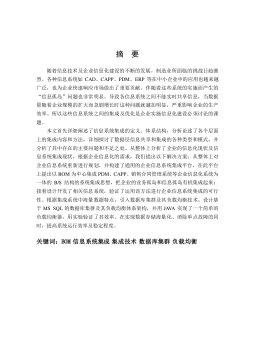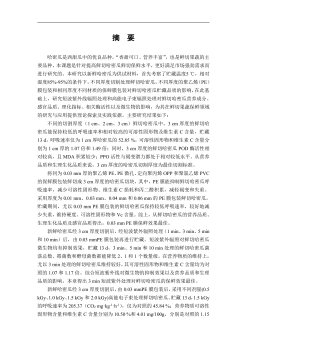中国英语学习者词汇知识与二语综合能力的相
v摘要过去的三十年间,不管是在第一语言习得还是第二语言习得的研究领域,词汇知识已成为语言综合能力的重要组成部分。为了揭示词汇知识在二语综合能力中的作用,许多语言学家做了各种各样的相关性实证研究。但一方面他们的结论不尽相同,另一方面对于中国二语学习者的研究仍然很少。因此,把重点放在对词汇知识与中国英语学习者语言能力相关性的研究就显得十分迫切而且重要。本文将从词汇知识的广度和深度两个层面对中国英语学习者语言能力相关性进行探讨。近年来,词汇知识被认为是一个多维度的,涵盖很多方面的综合性知识体。而作为这个知识体最基本的两个维度,广度和深度即是本文进行研究的着力点。本研究共有85名非英语专业的大学二年级...
相关推荐
-
【拔高测试】沪教版数学五年级下册期末总复习(含答案)VIP免费
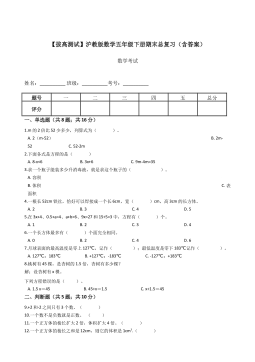
 2024-11-19 13
2024-11-19 13 -
【基础卷】小学数学五年级下册期末小升初试卷四(沪教版,含答案)VIP免费
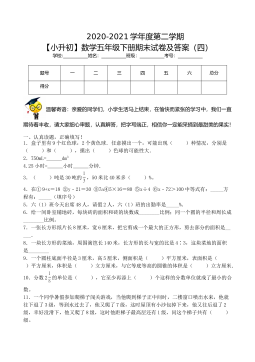
 2024-11-19 8
2024-11-19 8 -
期中测试B卷(试题)-2021-2022学年数学五年级上册沪教版(含答案)VIP免费
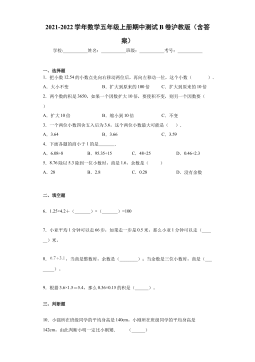
 2024-11-19 8
2024-11-19 8 -
期中测试B卷(试题)- 2021-2022学年数学五年级上册 沪教版(含答案)VIP免费
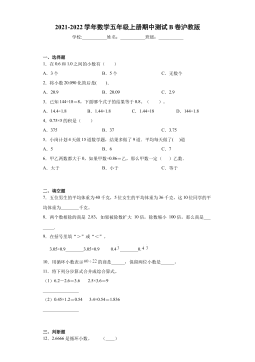
 2024-11-19 10
2024-11-19 10 -
期中测试A卷(试题)-2021-2022学年数学五年级上册沪教版(含答案)VIP免费
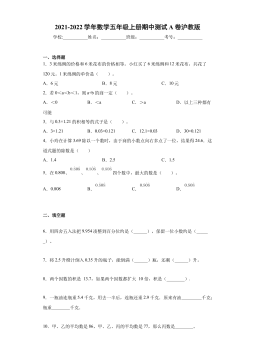
 2024-11-19 14
2024-11-19 14 -
期中测试A卷(试题)-2021-2022学年数学五年级上册 沪教版(含答案)VIP免费
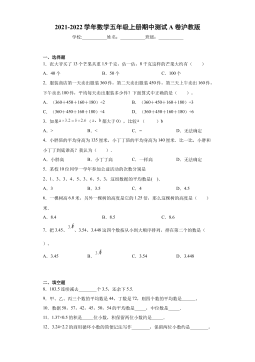
 2024-11-19 15
2024-11-19 15 -
期中测B试卷(试题)-2021-2022学年数学五年级上册 沪教版(含答案)VIP免费
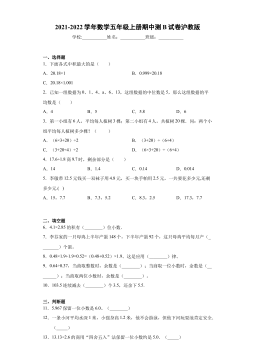
 2024-11-19 11
2024-11-19 11 -
期中测A试卷(试题)-2021-2022学年数学五年级上册沪教版(含答案)VIP免费

 2024-11-19 22
2024-11-19 22 -
【七大类型简便计算狂刷题】四下数学+答案
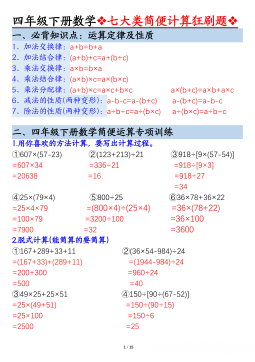
 2025-03-18 6
2025-03-18 6 -
【课内金句仿写每日一练】四下语文
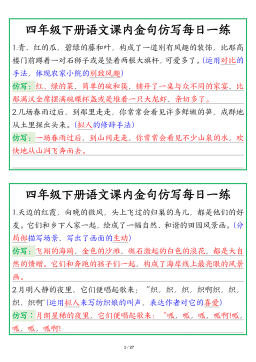
 2025-03-18 6
2025-03-18 6
相关内容
-

期中测试A卷(试题)-2021-2022学年数学五年级上册 沪教版(含答案)
分类:中小学教育资料
时间:2024-11-19
标签:无
格式:DOCX
价格:5 积分
-

期中测B试卷(试题)-2021-2022学年数学五年级上册 沪教版(含答案)
分类:中小学教育资料
时间:2024-11-19
标签:无
格式:DOCX
价格:5 积分
-

期中测A试卷(试题)-2021-2022学年数学五年级上册沪教版(含答案)
分类:中小学教育资料
时间:2024-11-19
标签:无
格式:DOCX
价格:5 积分
-

【七大类型简便计算狂刷题】四下数学+答案
分类:中小学教育资料
时间:2025-03-18
标签:数学计算;校内数学
格式:PDF
价格:1 积分
-

【课内金句仿写每日一练】四下语文
分类:中小学教育资料
时间:2025-03-18
标签:无
格式:PDF
价格:1 积分


